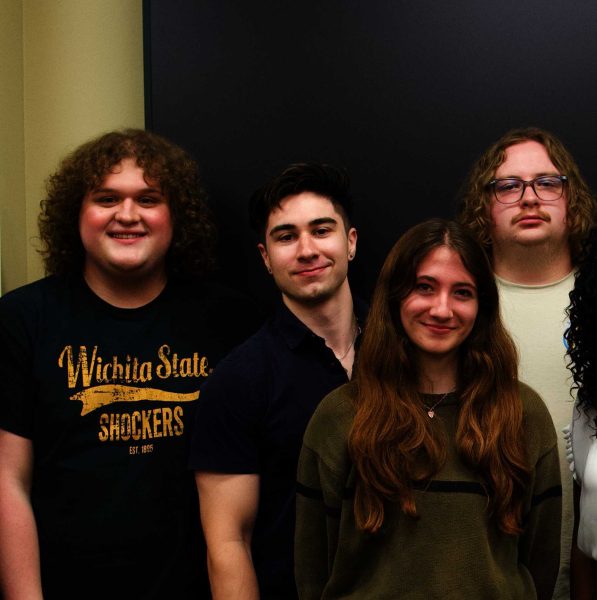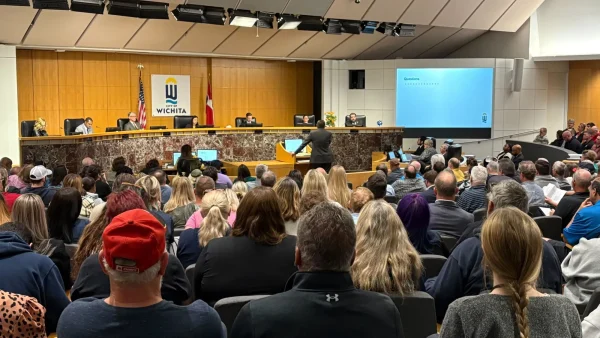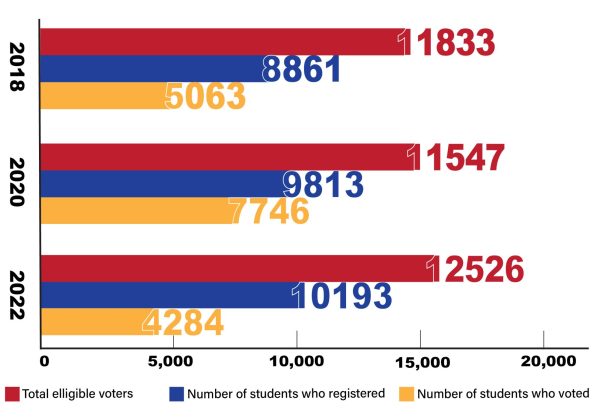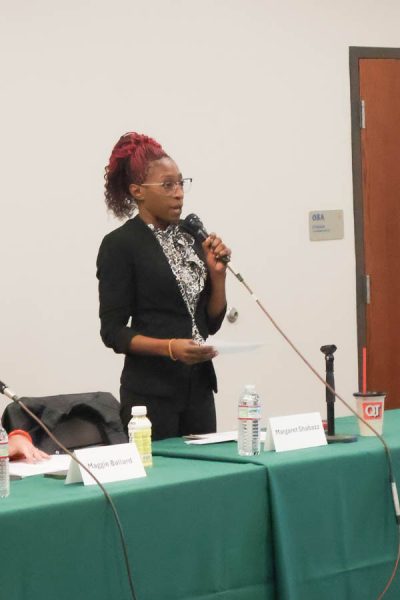Mixed reactions felt on Kansas College Republicans’ death penalty resolution
As the presidential election cycle continues to highlight the differences between Republicans and Democrats, a student group in Kansas is attempting to create unity among the parties on one issue.
As expected, however, not everybody thinks it is the right move.
In August, the Kansas Federation of College Republicans, which represents the state’s major universities, came to a unanimous vote among its representatives to call for an end to the death penalty. While the Kansas Republican Party is officially neutral on the issue, support of the death penalty is traditionally seen as a conservative value.
Dalton Glasscock, the student group’s chairman and a Wichita State student, sees the resolution as a natural extension of the party’s generally pro-life stance.
“We’ve always been on the forefront of protecting bodies,” Glasscock said.
In an August editorial in The Wichita Eagle, Glasscock wrote at length about the decision, saying the stance is more “consistently conservative” than before, a 2014 study suggests, 4.1 percent of death row inmates are actually innocent.
“We simply cannot support a policy that would endanger even one innocent life,” Glasscock wrote.
As a member of the WSU chapter of College Republicans, Austin Gilpin is against the resolution. He said it only serves to alienate young Republicans who may passionately support the death penalty.
“I think it creates an atmosphere of shutting up one side, especially when it is a really divisive issue,” Gilpin said. “It doesn’t really work to accomplish anything.”
Paige Hungate, WSU College Republican Chair, however, said traditional conservative stances on certain issues such as the death penalty are eroding as younger Republicans gain more influence in the party.
“I think it’s important that the College Republicans are taking a stand,” Hungate said. “We always say that we’re the grand old party for the new generation.”
Hungate, a devout Catholic, also echoed Glasscock’s sentiments that supporting the death penalty is inconsistent with her personal beliefs.
“In the Catholic faith, it says that the death penalty should not be used unless there is no other way of containing that person,” Hungate said. “I think that, in today’s society, we have so many different ways of containing individuals like that and we shouldn’t put that heavy burden on taxpayers.”
Hungate worked as an intern for U.S. Sen. Jerry Moran in Washington D.C. in the spring. She said her experience there influenced her decision to bridge the gap between Democrats and Republicans on this issue.
“I think it’s problematic that you can sit there and count how many votes you’re going to get on a certain bill just based on party lines,” Hungate said. “The fact that we’re reaching across the aisle and we’re kind of meeting there, I think that’s important.”
Paul Brink, WSU College Democrats president, agreed that unity between the parties is preferable to the gridlock that has become common in the nation’s capital.
“Throughout history, the only way we get anything accomplished is when everyone can find some common ground and find things we agree on and work towards that,” Brink said.
Brink also said the resolution could represent a shift among young Republicans, and to him that is a good thing.
“I think reception among young people in general has been positive,” Brink said. “Most people don’t see it as true justice.”
Gilpin, on the other hand, would like to see the issue discussed again among College Republicans. He said the vote occurred in the summer, and now that everyone is back in school and involved in the process, the conversation could be different.
“I would like for them to reconsider it,” Gilpin said. “It is not near as decided as they would like to paint it.”








